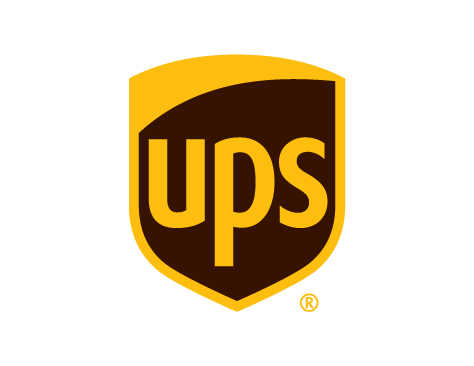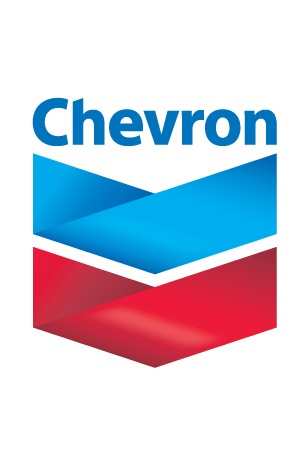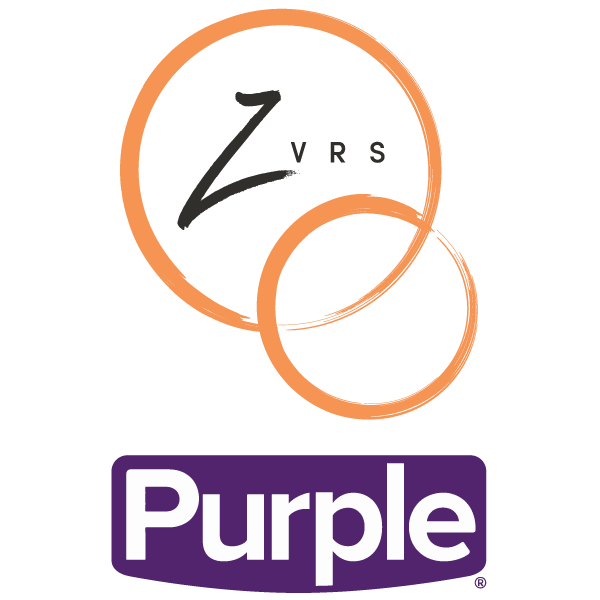Each year, the Disability Equality Index (DEI) helps capture best practices from top-scoring companies that receive the recognition Best Places to Work for Disability Inclusion™. These best practices enable a culture of inclusion that promotes increased self-identification, employees feeling truly welcomed to be their authentic selves, and innovation sparked by disability inclusion being built into participating companies’ products and services. Employment Practices, one of six categories in the DEI, covers the critical areas of Benefits, Recruitment, Employment, Education, Retention and Advancement, and Accommodations. This Disability Inclusion Employment Best Practices Report provides employer best practices and initiatives, showcasing the companies that are DEI top-scorers who are prioritizing key employment practices.
BENEFITS:
Connect and Support Employees and their Allies
When considering best practices for benefits, an Employee Assistance Program (EAP) being available for both full-time and part-time employees is a critical component for success. Further, offering both short-term disability and long-term disability coverage for full-time employees will ensure designation of a top-scoring company in this employment practice subcategory. All three are key strategies to both attract and retain talent with disabilities. Below are a variety of benefits best practices from top-scoring companies.
RECRUITMENT:
Inclusive Talent Acquisition Practices
To be successful in sourcing and acquiring talent with disabilities, it is important to successfully prepare your recruiters and future employees. Companies participating in the DEI indicated that by working with talent sourcing partners and others—often people with disabilities—and taking the time to learn, they find better matches for the company and more meaningful job opportunities for candidates. Below are examples from DEI top-scoring companies in outreach and recruitment best practices.
ACCOMMODATIONS:
Help Employees Be Productive
A reasonable accommodation is a modification or adjustment to a job, the work environment or the way things are usually done during the hiring process. These modifications enable an individual with a disability to have an equal opportunity to not only get a job, but successfully perform their job tasks. DEI top-scoring companies are establishing policies and implementing programs to provide accommodations, or productivity tools, to help their employees access technology and information, in order to successfully perform their essential job functions. Examples from top-scoring companies are listed below.





